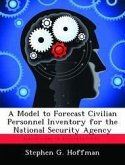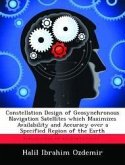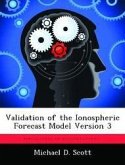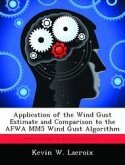Denied and limited model input data degrade the accuracy of numerical weather prediction (NWP) model forecasts. Inaccurate forecasts can negatively impact all military operations and public safety in general. Using the 3-Dimensional Variational Analysis data assimilation scheme and the Pennsylvania State University (PSU)/National Center for Atmospheric Research (NCAR) Mesoscale Model 5 (MM5) as configured and run operationally by the Air Force Weather Agency (AFWA) in the European theater, input observations were denied in three different categories: total, upper air, and surface observation denial. Two control groups were run using all available data as received by AFWA. The main control group used a 6-hour old first guess as a baseline. The data denied test cases and the secondary control group used a 30-hour old first guess because it was not possible to deny data from the first guess. The secondary control group was used to estimate errors resulting from the use of different first guess forecasts between the main control group and the test cases for all forecast times. The analyses show statistically significant differences between the main control group and test cases in almost every instance.
Bitte wählen Sie Ihr Anliegen aus.
Rechnungen
Retourenschein anfordern
Bestellstatus
Storno









